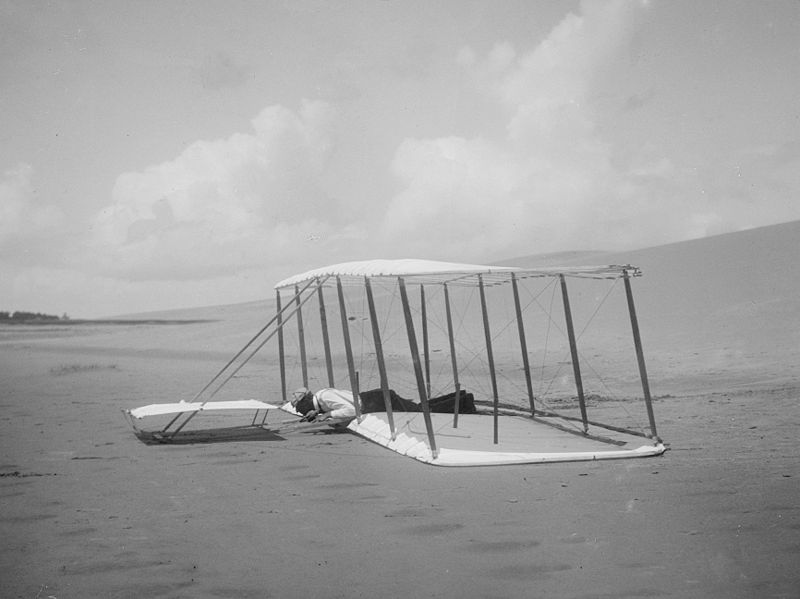I’ve never understood people continually doing something they’re bad at. Why continue to pound your head against a wall? I guess there’s something noble in perseverance in the face of no progress, but I still find efforts exhausting.
But when it comes to those who are truly talented at their work, why do some make remarkable leaps and others flounder? Is it merely aptitude or do some climates favor rainmakers? From Alan Rocke’s Los Angeles Review of Books piece about Exceptional Creativity in Science and Technology, an exploration into creative innovation and the conditions that lead to transformative breakthroughs:
“Consider two world-changing stories that happened almost simultaneously. During the fall of 1903, on a floating platform in the Potomac River, the distinguished astronomer Samuel Langley carried out two highly touted tests of what he hoped would be the first heavier-than-air flying machine. The US Army liberally funded these experiments and the Smithsonian Institution, which Langley directed, sanctioned them. But Langley’s device crashed into the river both times, so he abandoned the project. Nine days after the second failed test, in Kitty Hawk, North Carolina, two obscure Ohio bicycle mechanics successfully flew their own machine, in front of only a handful of local witnesses. With none of the funding, prestige, and resources that Langley had enjoyed, Wilbur and Orville Wright inaugurated aviation history.
Or consider a second story. In 1904, the world-famous mathematical physicist Henri Poincaré, professor at the Sorbonne in Paris, was taking significant steps toward a new conception of time and space, and defending an idea he called ‘the principle of relativity.’ But an obscure patent clerk in Bern, Switzerland scooped him. In a ridiculously short paper, published in 1905 just two months after receiving his PhD degree, this patent clerk, 26-year-old Albert Einstein, was able to frame these issues in a novel way, deriving several extraordinary new consequences. The principle of relativity proved to be just the starting point for Einstein’s revolutionary theory of relativity.
The history of creative innovation in science and technology is full of stories like these. How do we account for them? Are there patterns we can discern that reveal a bigger truth about human psychology and creative thought?”
Tags: lan Rocke

